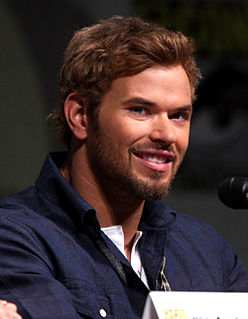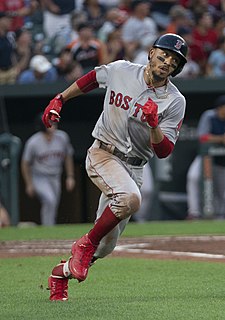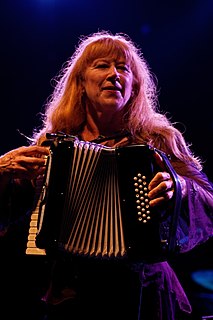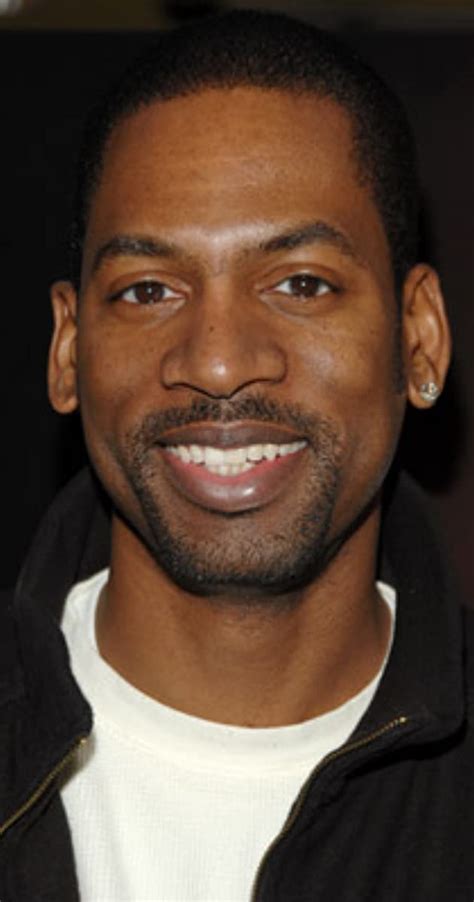A Quote by Simon Pegg
I think that the joke and the ghost story both have a similar set up in that you kind of set something up and pay it off with a laugh or a scare.
Related Quotes
I think it would be self-indulgent to go, "Oh, I'm going to make this character different by giving him a quirk of some kind." I don't think that serves the story, particularly. But even very similar scenes with a different set of actors, a different set of circumstances, it starts to evolve as a different character.
One easy mistake to make with the first novel is to expand the short story. Some things are better as a story; you cannot dilute things into a novel. I think the first hundred pages of a novel are very important. That's where you set things up: the world, the characters. Once you've set that up, it'll be much easier.
When I was working with Barry Sonnenfeld, I'd watch him set up a shot and talk to him about what he was seeing and what it was to shoot comedy. He told me that a lot of times with comedy, it's not just about getting the joke, but getting a reaction to the joke. That's the laugh - it's somebody's else's reaction to the joke.
'The Ecologist' has lost money from the day it was launched in 1970, and will continue until the last edition is printed. It was never set up as a business venture. It was set up as a campaign, and like all good campaigns, it costs. Its various backers have, over the years, been happy to pay that cost.
If you're gonna tell a story from beginning to end, I always think you have to have a great structure in a script. If it gets you excited and it's something you've never read before that's another plus. I think also with improv and that whole world of stand-up, that's a whole other organism of comedy that still needs a story, but it's more free-form. On the set, it is the combination of both those worlds coming together: a great script and an allowance to play with it.


































